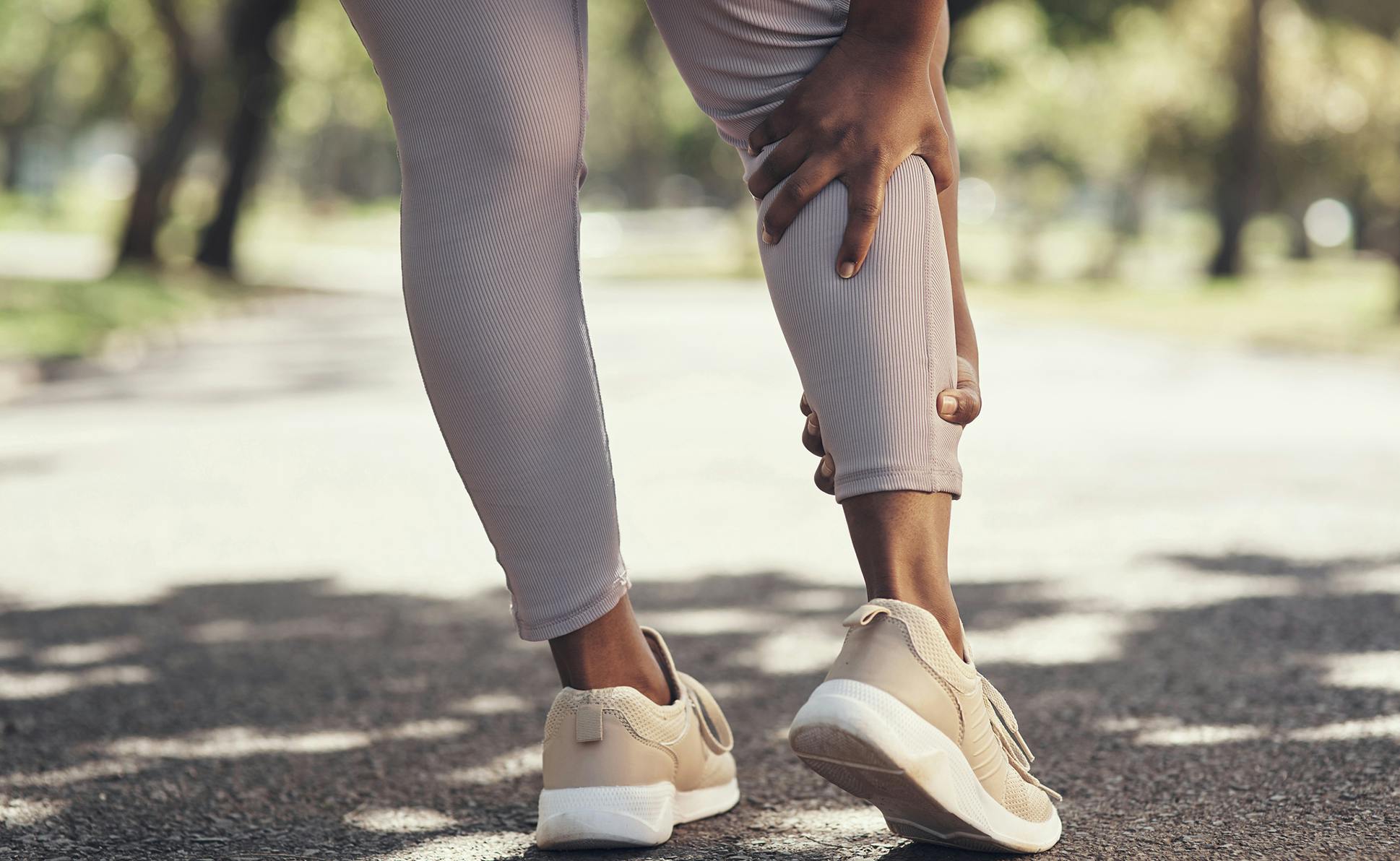What are the treatments for venous insufficiency leading to leg or calf pain?
Treating venous insufficiency is vital not only to alleviate leg pain but also to prevent further complications. At NJ Vein Specialists, a range of treatments is offered, each tailored to the individual’s condition and the severity of their symptoms. Here are some of the key treatment options:
- Compression therapy: This is often the first line of treatment. Compression stockings or bandages are used to apply gentle pressure on the legs, helping veins and leg muscles move blood more efficiently. This therapy can reduce swelling and improve overall blood circulation.
- Lifestyle modifications: Simple changes in lifestyle can significantly impact the management of venous insufficiency. These include regular exercise, maintaining a healthy weight, elevating the legs when possible, and avoiding long periods of standing or sitting.
- Sclerotherapy: This treatment involves injecting a solution directly into the vein, causing it to scar and reroute blood to healthier veins. It’s particularly effective for smaller varicose veins and spider veins.
- Laser therapy with Alma Veil: This advanced system uses focused laser energy to close damaged veins.
- Vein ablation: A minimally invasive treatment that uses heat to close off the affected veins.
- VenaSeal: A specialized medical adhesive is used to seal affected veins.
- Varithena: A foam treatment used to collapse and seal larger veins.
Each treatment plan at NJ Vein Specialists is customized to the patient’s specific needs, ensuring the most effective and least invasive treatment is chosen. The clinic’s comprehensive approach to treating venous insufficiency aims to not only relieve leg pain but also improve overall vein health.
Patients experiencing leg pain due to venous insufficiency can consult with the specialists at NJ Vein Specialists for a thorough evaluation and personalized treatment plan.




